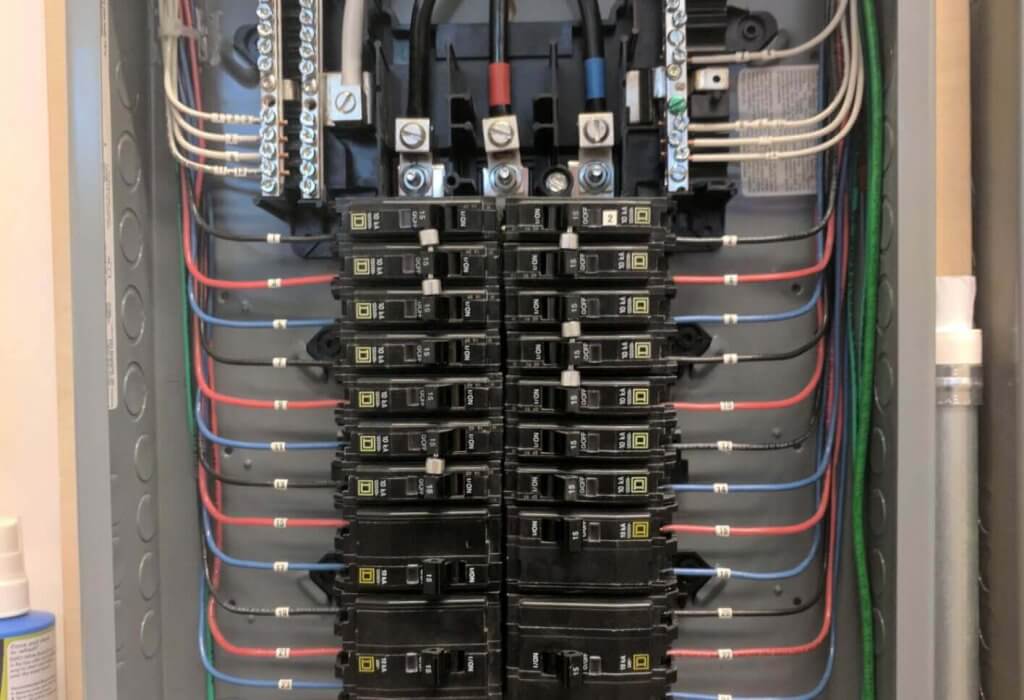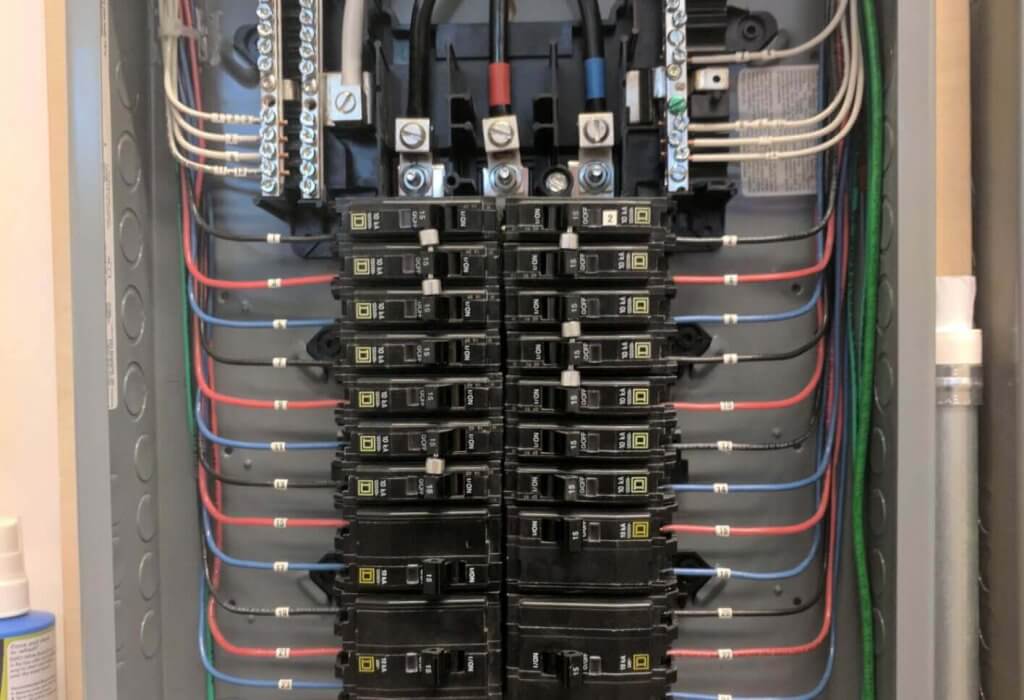Seven reasons why your home needs an electrical safety inspection. Your home’s electrical system is essential for everything from lighting to powering your devices, but it’s easy to take its safety and reliability for granted. Over time, electrical components can wear down, become outdated, or develop hazards that may not be immediately visible. For Denver homeowners, scheduling an annual electrical safety inspection is a simple yet powerful way to protect your home, reduce risks, and ensure everything is working as it should. Here’s why every Denver home needs an annual electrical safety inspection.
1. Prevent Electrical Fires
One of the primary reasons to schedule an annual electrical inspection is to reduce the risk of electrical fires. Faulty wiring, overloaded circuits, and aging electrical panels can all contribute to fire hazards. According to the U.S. Fire Administration, electrical malfunctions are a leading cause of residential fires. During an inspection, a licensed electrician can identify and address these risks, helping to protect your family and home from preventable fires.
2. Identify and Fix Outdated or Faulty Wiring
Older homes in Denver often have outdated wiring that doesn’t meet modern safety standards. Common issues include knob-and-tube wiring or aluminum wiring, both of which can be fire hazards. Even in newer homes, wiring can become damaged over time or due to DIY repairs that may not meet code. An inspection will uncover any outdated, worn, or improperly installed wiring, ensuring your electrical system is up to code and safe.
3. Protect Your Appliances and Electronics from Surges
Power surges can damage appliances, electronics, and even your home’s electrical system. While some surges come from external factors, like lightning, many originate within the home due to high-powered devices cycling on and off. An electrician can recommend whole-home surge protection to safeguard your devices and wiring, extending their lifespan and protecting you from costly replacements.
4. Ensure Proper Functioning of Safety Devices
During an inspection, the electrician will check essential safety devices such as Ground Fault Circuit Interrupter (GFCI) outlets and Arc Fault Circuit Interrupter (AFCI) breakers. These devices protect you from electrical shocks and potential fires by cutting power in the event of a fault. GFCI outlets are especially important in areas with water, like kitchens and bathrooms, while AFCIs help prevent fires caused by arcing faults in the wiring. Ensuring these devices work correctly is a critical part of maintaining a safe home.
5. Avoid Overloaded Circuits and Tripped Breakers
With the increasing number of appliances, electronics, and gadgets in today’s homes, electrical demand is higher than ever. Overloaded circuits are a common problem that can lead to frequently tripped breakers or, in severe cases, overheated wiring. An inspection helps identify circuits at risk of overloading and allows for the addition of new circuits if necessary, ensuring a reliable power supply throughout your home.
6. Stay Up to Date with Electrical Code Compliance
Electrical codes and standards evolve to improve safety and efficiency. For example, requirements for GFCI outlets, smoke detectors, and childproof outlets have become more stringent in recent years. A licensed electrician performing an annual inspection can verify that your home’s electrical system is compliant with the latest codes, which is especially valuable if you’re planning to sell your home or make renovations.
7. Reduce Energy Bills with an Efficient Electrical System
An electrical inspection can help identify inefficiencies in your system, such as outdated fixtures or appliances that consume excessive energy. Replacing old lighting with energy-efficient LED lights or upgrading an outdated panel can improve your home’s energy efficiency. Small changes, like switching to LED bulbs or installing smart thermostats, can lower your energy bills and reduce your home’s carbon footprint.
What Happens During an Electrical Safety Inspection?
During an electrical safety inspection, a licensed electrician will:
- Inspect the wiring, outlets, and switches for damage or wear.
- Check the electrical panel and breakers to ensure they’re working properly.
- Test GFCI and AFCI outlets to confirm they’re operating safely.
- Evaluate the adequacy of your home’s surge protection.
- Identify any areas where circuits may be overloaded.
- Make recommendations for repairs, upgrades, or energy-saving improvements.
At the end of the inspection, the electrician will provide a detailed report of any issues found, along with suggestions for resolving them.
Make Safety a Priority with an Annual Electrical Inspection
An annual electrical safety inspection is a valuable tool for keeping your Denver home safe, compliant, and efficient. Addressing electrical issues early can prevent serious risks, lower your energy bills, and give you peace of mind that your home’s electrical system is in top condition.
At Top Shelf Electric, Heating, & Plumbing, we provide professional electrical inspections and repairs for homeowners throughout the Denver area. Our licensed electricians are experienced in identifying potential hazards, making necessary upgrades, and ensuring your home’s electrical system is safe and reliable.
Contact us today to schedule your annual electrical safety inspection and make your home a safer place for you and your family.



